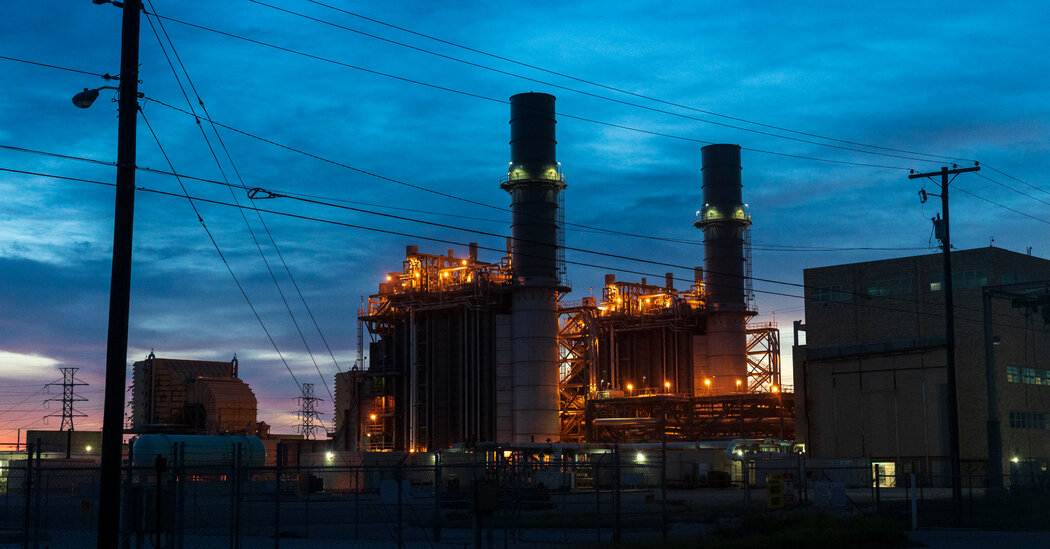
While OPEC has increased production to accommodate a growing global thirst for energy as the Covid pandemic recedes, Saudi Arabia has dismissed pleadings by the Biden administration to ramp up output further. Even as demand for fossil fuels continues to rise, investments by major Western oil companies in oil and gas exploration and production have lagged in recent years owing to the pandemic’s economic downturn and pressure by investors to divest from fossil fuels and return profits to shareholders.
Beyond what sanctions on Russian oil and gas would do to prices, there is also the fear of retaliatory cyberattacks. One such attack from a Russian criminal group crippled the critical Colonial oil pipeline just last year, producing new gasoline lines and panic-buying across much of the Southeast.
“A kind of amnesia about energy security developed,” said Daniel Yergin, the energy historian and vice chairman of IHS Markit, a research company. “That amnesia is dissipating now.” But he was optimistic that expansion of American oil and gas production had put Washington in a far stronger position for confrontation with Russia. “Europe would have basically caved,” he said, were it not for the U.S. supply of liquid natural gas.
All that gas is hardly a security blanket for Europe, however. Local gas prices quadrupled this winter, in part because Russia reduced shipments. It would have been worse if U.S. gas exports to Europe had not nearly doubled between last November and January, but those same exports helped drive gas prices in the United States higher as domestic inventories dropped.
More gas exports are a strong foreign policy tool, but fossil fuels are intrinsically connected to the growing problem of climate change.
“If you drill and pillage America first to have more fossil fuels domestically, you’re still burning them and the carbon ends up in the atmosphere,” said Daniel F. Becker, the director of the Safe Climate Transport Campaign at the Center for Biological Diversity. “The more we drill, the more wildfires, the more droughts and severe hurricanes we exacerbate because global warming is a direct result of burning fossil fuels.”
Electrification of transportation could help, but electric vehicles need batteries containing critical minerals like lithium, cobalt, copper, nickel and rare earths often found in unstable countries. China has a dominant position in refining many of those minerals, and could easily be the prime energy rival of the future.
Jason Bordoff, head of Columbia University’s Center on Global Energy Policy, said the world needed to press on with cleaner energy to deal with climate change, but that shift is no guarantee of a more peaceful world. “The old politics of oil and gas,” he said, “are going to be with us and acute and layered on top of the politics of clean energy.”

